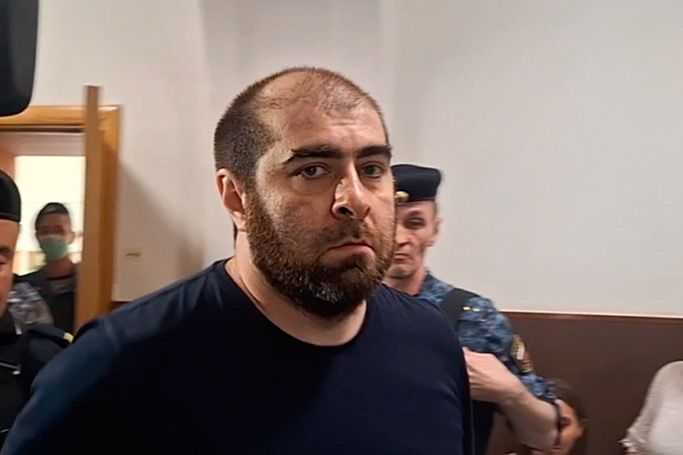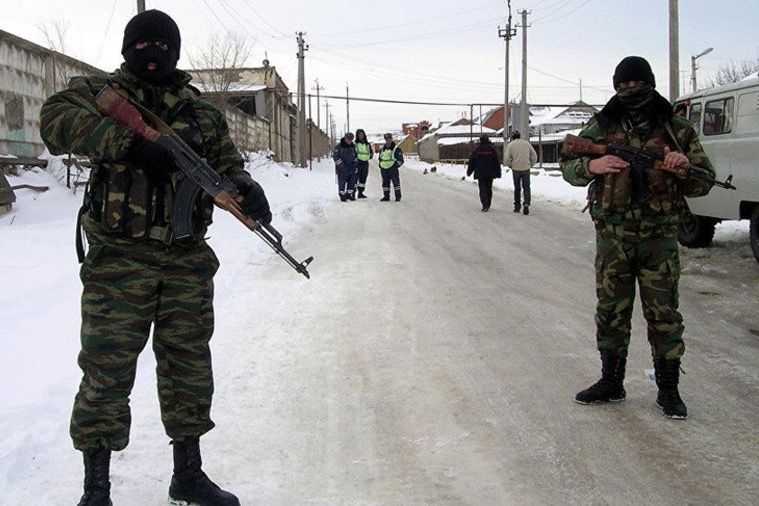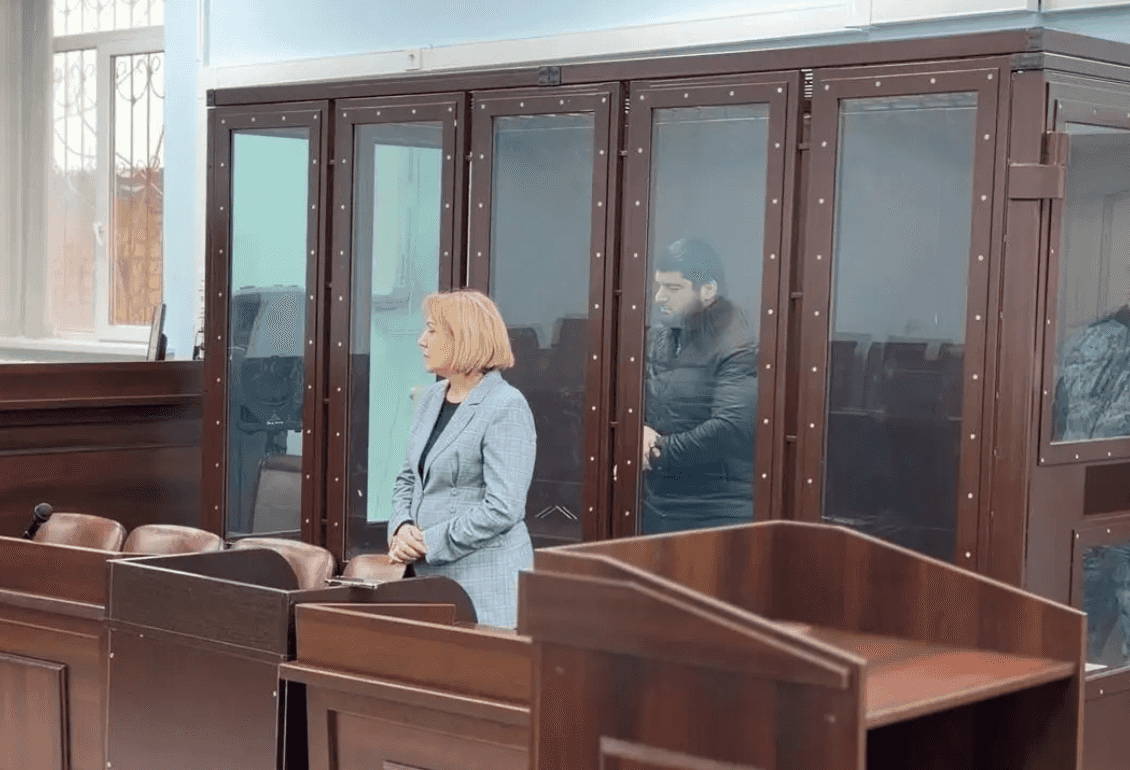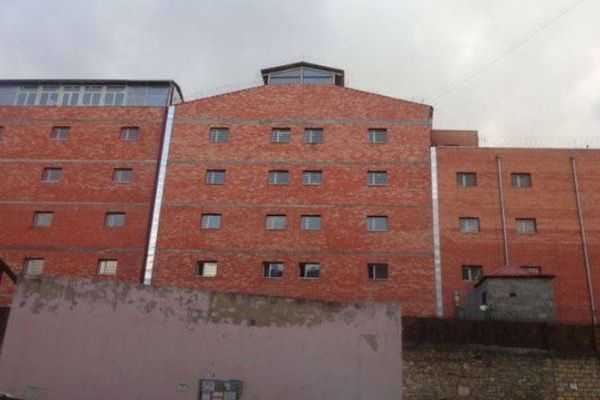
At least 15 police officers, five civilians, and five attackers have reportedly been killed in coordinated attacks on churches, a synagogue, and police in two cities in Daghestan.
Gun battles took place in the Daghestani capital Machakhala and the southern town of Derbent overnight with at least 16 people hospitalised.
On Monday morning, Russian state media agency RIA reported that the counterterrorist operation regime had been lifted after the ‘threat to life and wellbeing of citizens’ had been ‘liquidated’, with five attackers ‘eliminated’. The Head of Daghestan, Sergei Melikov, declared three days of mourning
The attacks began at around 18:00 on Sunday evening, when a group of armed men attacked two Orthodox churches and a synagogue in Derbent, injuring a security guard and killing a priest and a police officer.
By 20:00, Daghestan’s Interior Ministry reported that two attackers had been killed and that security forces were launching a plan to ‘intercept’ the remaining attackers.
Around the same time, another group of armed men launched an attack on a traffic police post in the Daghestani capital Makhachkala, setting a police car on fire, and later blockading themselves in the Holy Assumption Cathedral , from where they continued to shoot.
Two of the attackers were killed by police, with another two detained following a shootout near the cathedral.
Around four hours after the attacks began, Daghestan declared that a counter-terrorist regime was in force.
Following the announcement, new fighting broke out on Derbent’s Freedom Square, with electricity in the centre cut an hour later.
Late on Sunday night, security forces stormed the Makhachkala cathedral, where a group of the attackers had blockaded themselves.
Both the nephew and son of Magomed Omarov, the head of the Sergokalinsky District, were amongst the attackers. A police car that came to collect Omarov for interrogation was reportedly shot at.
The Institute for the Study of War, an American think tank, suggested that the attack was likely attributable to Wilayat Kavkaz, the North Caucasus branch of the Islamic State. The Islamic State – Khorasan Province later reportedly praised the attack on Telegram, and attributed it to Islamic State members in the North Caucasus.
Within Russia and Daghestan, explanations for the attacks varied, with a member of the Russian Presidential Council for Human Rights calling Daghestan ‘a stronghold of radicalism and intolerance’, and accusing the region’s governors of allowing mixed martial arts fighters to spread Islamic extremist ideology.
Another member of the Human Rights Council, Marina Akhmedova, similarly claimed that Daghestani athletes looked ‘not towards Moscow, but towards the Caliphate, towards the UAE’.
‘You won’t see [pro-Russian invasion of Ukraine] Z symbols there, but you can easily see Palestine flags on cars. And this says a lot. Namely, that while Russia was dealing with external problems, such radicalism arose there’, wrote Akhmedova.
She added that ‘this new radicalism’ was different to post-war movements in Chechnya, terming it ‘consumer radicalism’ driven by popular bloggers and MMA athletes.
Earlier, Daghestani member of parliament Abdulkhakim Gadzhiev reportedly stated that he had ‘no doubt’ that the terrorist attacks were ‘in one way or another’ connected with the intelligence services of Ukraine and NATO countries.
Russian officials similarly accused Ukraine of being behind the Crocus City Hall terrorist attack in March.








